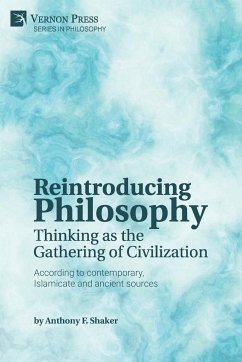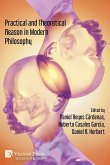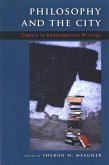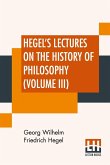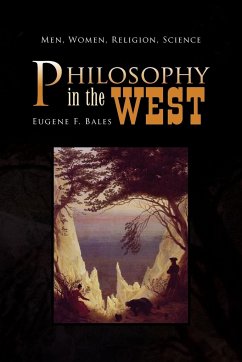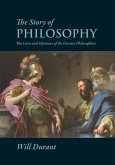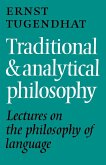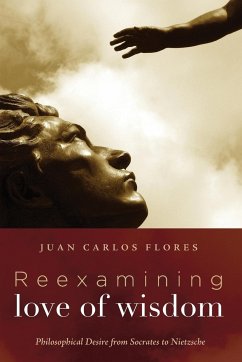That we are now entering a post-Western world is no longer merely a thesis in international studies. But what does the dissolution of "Western" hegemony signify for humanity's rich learning traditions and the civilizing quest for wisdom? How can this human inheritance assist us today? Reintroducing Philosophy seeks a more realistic framework for discourse on these questions than offered by the Western-centric worldview, which continues to be taught in schools almost by rote. It analyzes themes from several world traditions in logic, knowledge and metaphysics connected with the quest for completeness of thinking and practice. Its examination of the relation of knowing and being is based on sources as varied as Leibniz and Frege, Q¿naw¿ and ¿adr¿, ancient Greek and classical Indian and Chinese thought. Shaker brings into the discussion the paradigm (unm¿zaj) that ¿adr¿ presented as that of man's being in the world, encapsulating philosophy's longstanding view of thinking as the gathering of civilization. Reintroducing Philosophy is based on a concentrated reading of all these sources, simply because human civilization had already been global and advanced before the present age.
Hinweis: Dieser Artikel kann nur an eine deutsche Lieferadresse ausgeliefert werden.
Hinweis: Dieser Artikel kann nur an eine deutsche Lieferadresse ausgeliefert werden.

